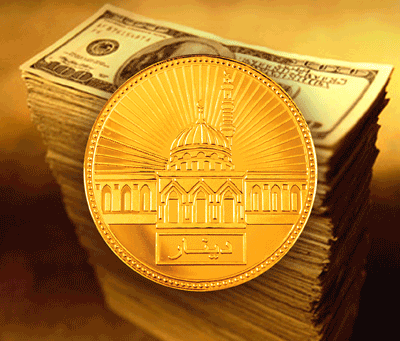Caribou Coffee, the second-largest U.S. java seller, seems at first blush like a fairly ordinary American company. The chain was founded in 1992 in the small town of Edina, Minn., the brainchild of idealistic newlyweds, and has since expanded to over 400 coffeehouses in 18 states. Caribou's menu is muffins and lattes -- not an Arabic coffee in sight. It may come as a surprise, then, to know that Caribou Coffee is "Shariah compliant," one of the largest American businesses to run its operations in accordance with Islamic law. Caribou isn't alone. After decades on the economic backburner, flush oil revenues are giving Middle Eastern companies and investors new prominence on the global financial stage. As a result, rising demand for Islamic-friendly investments is forcing multinational corporations -- and not just in Muslim-majority countries -- to consider what the Quran has to say about their business practices. The boom carries over to the financial sector, where firms offering Shariah-compliant products or consulting services to companies that seek compliance have themselves seen explosive growth rates. Caribou went Shariah-compliant in 2000 after the Bahrain-based investment bank Arcapita purchased a controlling stake in the company. In terms of day-to-day operations, the Shariah-compliance designation primarily affects how the firm manages its finances. Under Islamic law, or Shariah, it is forbidden either to pay or receive interest. Interest -- the fee charged for the chance to borrow money -- is one of the central principles of modern economics, but Shariah-compliant companies structure their financial operations in a manner that bypasses interest altogether.
As Oil Revenues Boom, Islamic Banking Goes Global

